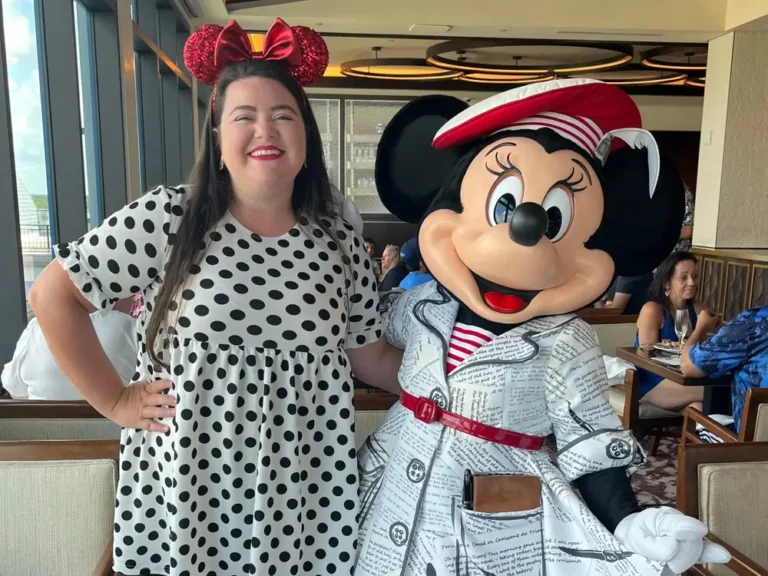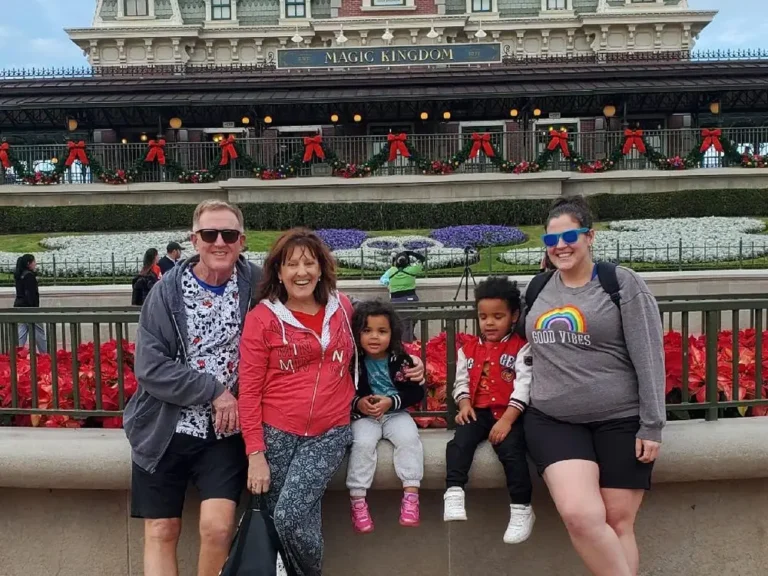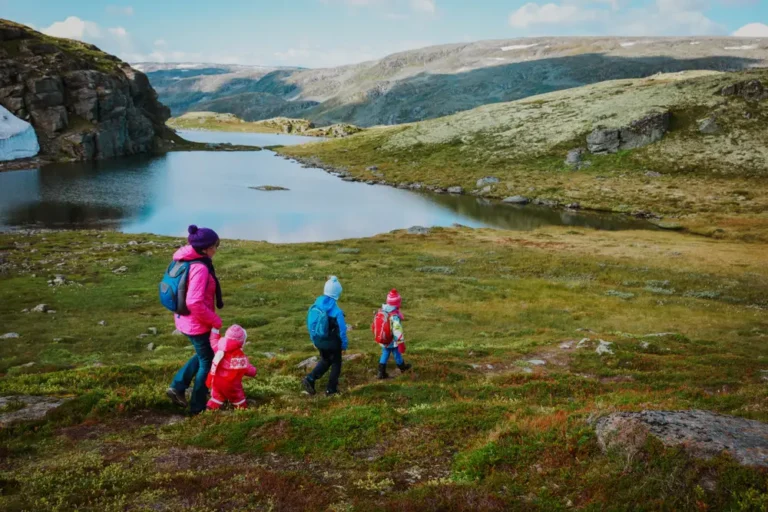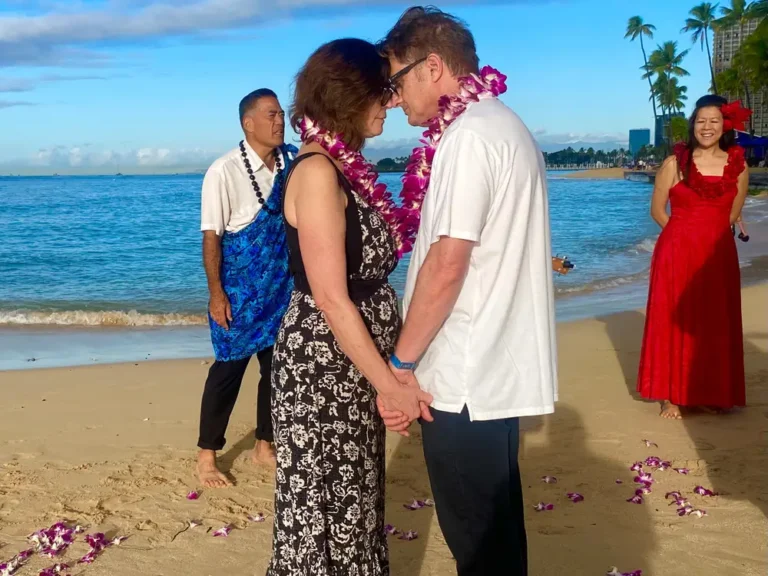Travel writer Rick Steves says his career choice ‘has not been great’ for his personal relationships

Travel writer and TV personality Rick Steves says he has some regrets over his career choice.
Travel writer Rick Steves, who was diagnosed with cancer in August, says he has some “regrets” over his choice of career.
“It has not been good for my family. I got divorced. It has not been great for relationships with loved ones,” Steves, 69, told The New York Times in an interview published on Saturday.
Looking back on all his time on the road, Steves says he would have enjoyed leading a quiet life like before.
“You know, I would love to be the person I was before I was a travel writer. I would have had a very, very beautiful life being a piano teacher and coming home every night for dinner and mowing the lawn and joining clubs and being regular and reliable,” he said. “But I’ve chosen a different path. It’s a mission for me.”
While he is sad about how some things in his personal life have turned out, his priorities “are the way they are.”
“It’s almost a calling from a pastoral sense or something. This is why God put me here. It gives me energy. It’s like breathing straight oxygen. And I wouldn’t wish it on anybody, but it fits me,” he added.
In August, Steves shared on social media that he had been diagnosed with prostate cancer and would be undergoing prostate surgery.
In light of his diagnosis, Steves also shared that he has thought about what his life would be like when the day he can no longer travel — either because of age or sickness — comes.
“I would welcome the day, strangely, when I could not travel anymore, because it would open a gate of things that I’ve not done because of my love for travel,” Steves said. “I’ve got a great piano sitting here. I don’t play it enough. I’ve got a cabin in the mountains. I’ve got an amazing girlfriend. I’ve got a wonderful son and daughter and a grandson.”
Even if he couldn’t do his work anymore, he says he doesn’t think he’ll “miss a beat.”
“This world is such a beautiful place to experience, and there are dimensions of experiencing this world that I have yet to try,” he added.
A representative for Steves told B-17 that the writer has no further comments.
Steves isn’t alone in his struggles to balance professional commitments and personal life.
Well-being experts Clare Davenport and Elizabeth Koehler shared in an essay that “juggling work, family, and distractions is like a circus act with no intermission.”
But instead of dividing work time and personal time “into neat, equal slices,” it may be more beneficial to think of it as finding the right “work-life rhythm,” psychologist Veronica West told B-17 previously. This work-life rhythm mindset is not based on counting hours but a “feeling that both work and life energize rather than drain you,” she said.
Work psychologists Tina Armasu and Eleni Giannakoudi told B-17 previously that to avoid burnout at work, it’s important to minimize talking about work outside the office and dedicate some free time to doing things for fun instead of only completing what you feel obligated to.
“Once you become very aware of the different areas of your life and their priority, then it’s easier to use this as a compass, basically, to plan your week, plan your days, and make decisions,” Giannakoudi said.






